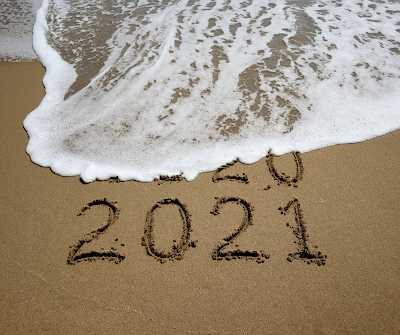Lead Contamination

Lead differs from other contaminants in that it rarely occurs naturally in a raw water supply. It gets in your drinking water after it leaves the water treatment plant. Lead dissolves in your water from old lead piping, lead solder or brass faucets. There is no safe level for lead exposure. The Environmental Protection Agency (EPA) has set the maximum contaminant level goal for lead in drinking water at zero because lead is a toxic metal that can be harmful to human health even at low exposure levels. Lead is persistent, and it can accumulate in the body over time. The EPA and the Centers for Disease Control and Prevention (CDC) agree that there is no known safe level of lead in a child's blood. Lead is extremely harmful to health, especially for children. Young children, infants, and fetuses are particularly vulnerable to lead because the physical and behavioral effects of lead occur at lower exposure levels in children than in adults. A dose of lead that would ...





